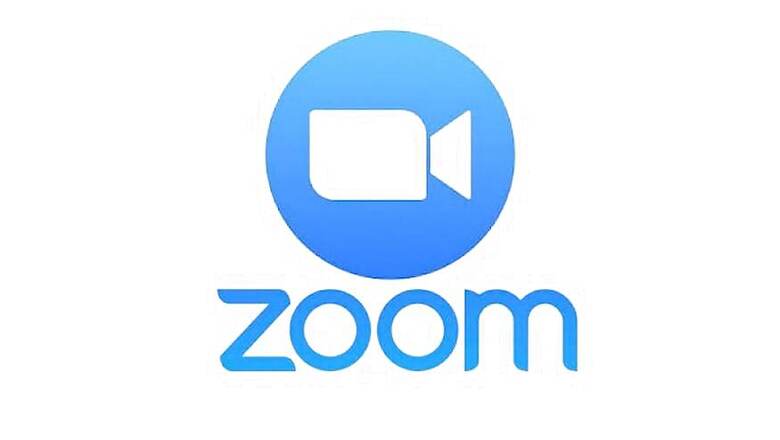
views
Zoom, the popular video conferencing platform, has announced that it has planned to exclude free calls from end-to-end encryption to open up the possibility of collaborating with the law enforcement agencies. According to Zoom CEO Eric Yuan, this step will help the company to understand if anyone is using Zoom for a "bad purpose". However, Yuan also mentioned that the encryption will be available only to paid users.
“Free users for sure we don’t want to give [end-to-end encryption] because we also want to work together with FBI, with local law enforcement in case some people use Zoom for a bad purpose,” Yuan said on the call with analysts during the company’s Q1 financial results.
Encryption has been a major issue for Zoom. It courted several controversies pertaining to its privacy and security features, especially during the COVID-19 pandemic, as its popularity soared after people, owing to their work-from-home model started using the platform more than ever before. Zoom was also criticised after it witnessed an increasing number of cases related to "Zoombombing". Of late, the company has indeed taken a few important steps to improve the platform. Recently, it rolled out a new update through Zoom 5.0 to tackle the issue of privacy and security by introducing AES 256-bit GCM encryption for all users.
Encryption, which secures communication so that they can be read by users only and not by third-party apps are also of pivotal importance, especially at a time when digital apps are routinely used for sensitive issues like organising protests, seminars and even medical appointments. Therefore, Zoom's latest decision might sound baffling to even its users as the platform now aims to make basic security a premium feature i.e. it will only make your calls safe and secure if you shell out extra money. However, the company is yet to reveal an exact timeline for when the end-to-end encryption feature will be rolled out to its premium customers.
On Tuesday, the video-conferencing platform reported its Q1 2020 earnings and disclosed that it generated $328.2 million revenue, up 169% compared to the year-ago period, thanks to remote working. Zoom also reported it had 300 million daily users in April, up from 10 million a day in December.



















Comments
0 comment